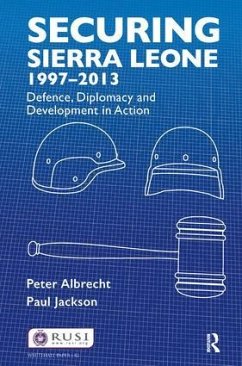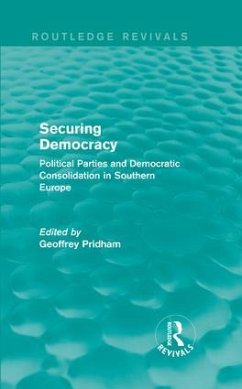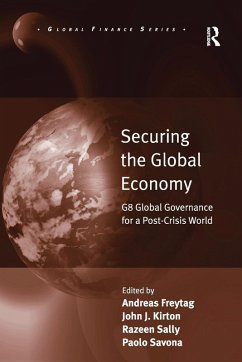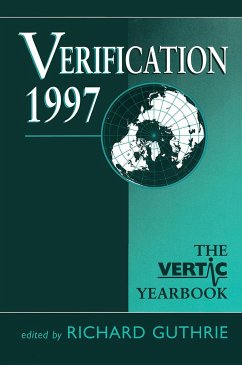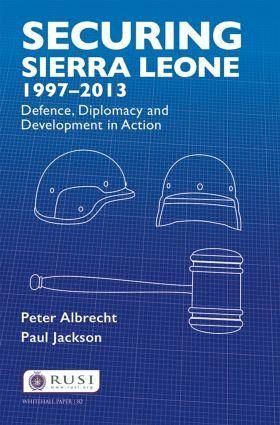
Securing Sierra Leone, 1997-2013
Defence, Diplomacy and Development in Action
Versandkostenfrei!
Versandfertig in 1-2 Wochen
52,99 €
inkl. MwSt.
Weitere Ausgaben:

PAYBACK Punkte
26 °P sammeln!
Between 1991¿and¿2002, Sierra Leone was wracked by a devastating civil war and the complete collapse of state institutions. Since then, however, the UK's contribution to post-war reconstruction has been widely held up as an example of successful stabilisation and state-building - particularly of the country's security and justice institutions.¿ Securing Sierra Leone, 1997-2013¿examines how the process of state-building through security-sector reform developed in Sierra Leone, and the impact of this experience on international conceptualisations of¿such¿reform as well as on international ...
Between 1991¿and¿2002, Sierra Leone was wracked by a devastating civil war and the complete collapse of state institutions. Since then, however, the UK's contribution to post-war reconstruction has been widely held up as an example of successful stabilisation and state-building - particularly of the country's security and justice institutions.¿ Securing Sierra Leone, 1997-2013¿examines how the process of state-building through security-sector reform developed in Sierra Leone, and the impact of this experience on international conceptualisations of¿such¿reform as well as on international interventions more broadly. The study is the most detailed of its kind, based on a comprehensive analysis of UK engagement in Sierra Leone between 1997 and 2013, including a host of first-hand accounts from key local and international actors. This monograph shows why the UK intervention in Sierra Leone has been a relative success. However, it also questions the sustainability of state-building efforts that are driven by concepts of the liberal state. In Sierra Leone, critical challenges remain, not least in the combination of a particular vision of what a state should look like and¿the¿unrealistic expectations of progress on the part of the international community.





